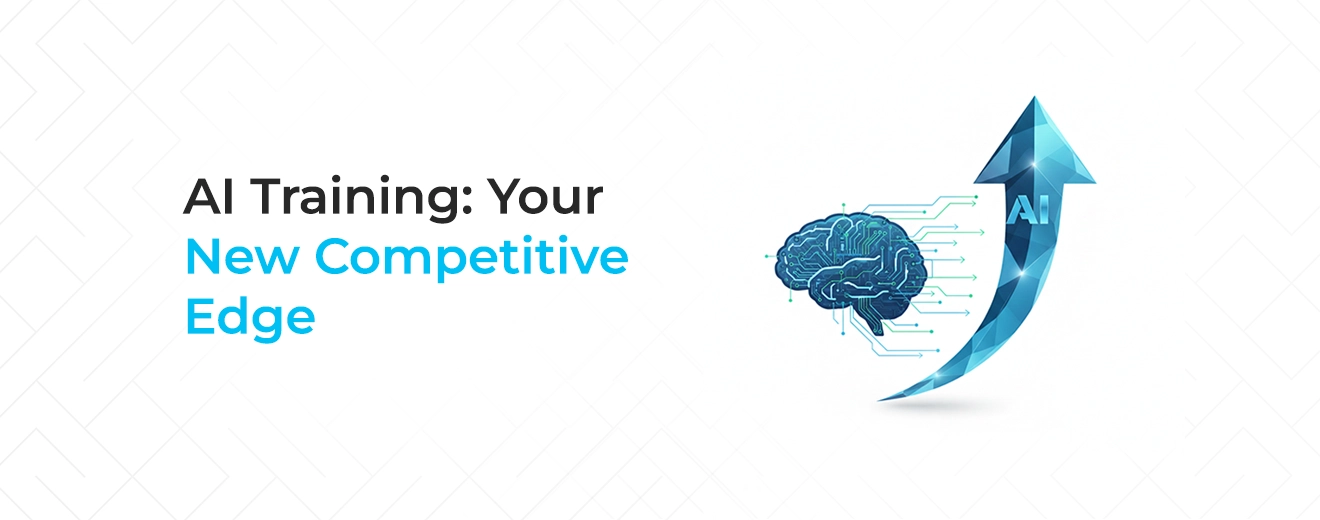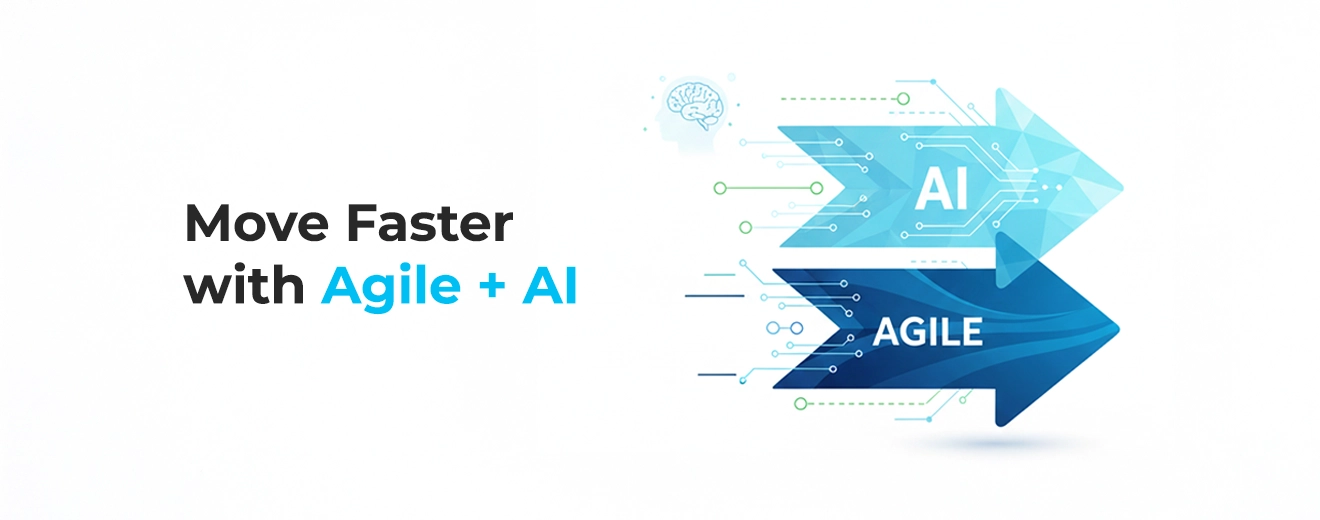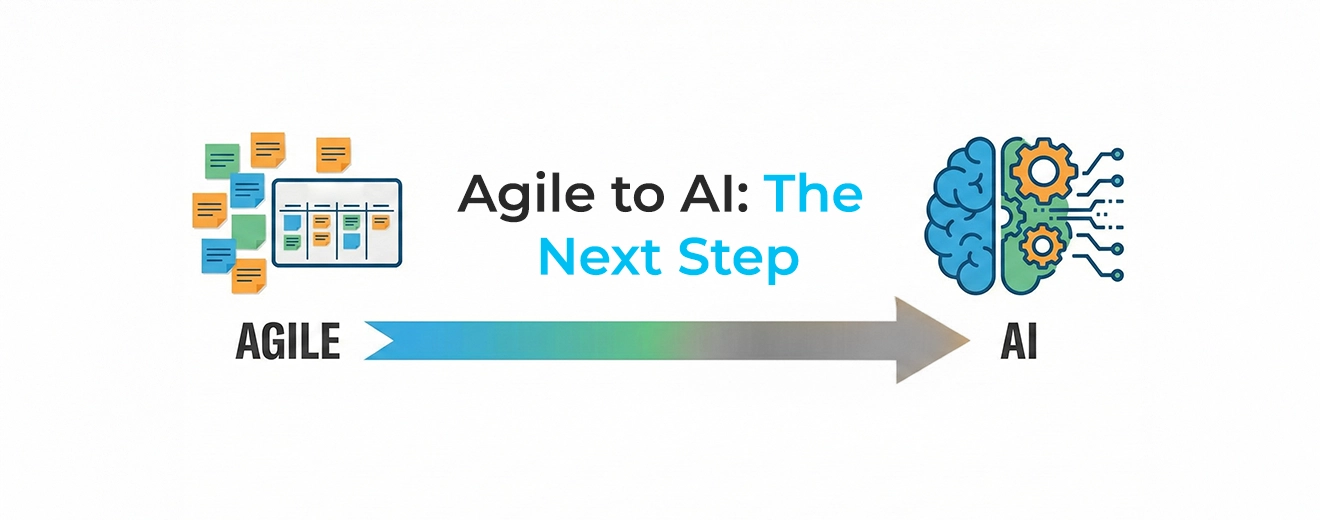Generally, an agile coach is someone who enables organisations to embrace agile as a culture shift. But what do agile coaches actually do within an organisation and what value do they bring? We take a deep dive in this article.
Agilists around the world – unite
Before we dive into this topic we would like to start off with a lofty statement here:
Although there are differing opinions on approach and execution, we can safely say that agilists all over the world are united in their shared vision for the future of work.
They all share the same values and live by the same principles, focusing first and foremost on supporting teams and leaders, by facilitating their communication, collaboration, and value flow to create quality products and services that delight their customers and thus helping the wider organisation become a more sustainable, engaging and profitable place that positively impacts the ecosystem.
For many people who have not experienced agile teams and leaders in action, the term agile coach or agile facilitator remains a bit of a mystery. As consultants in this field, our purpose is to help clients better understand the focus and value of our work.
What is an agile coach solving? Waste.
Let’s start by clarifying the problem we are trying to solve as a global agile community. This list is certainly not exhaustive, but the following problems in particular come to mind:
- As a customer: being ignored or treated disrespectfully, receiving a poor quality product or service, not being asked for feedback on product experiences;
- As a stakeholder or shareholder: investing large amounts of money in company products that don’t solve the problem that the actual customers face, in teams that don’t communicate well and seem to be disengaged most of the time;
- As a team: not being heard when you raise the need to build in more quality or safety, improvement ideas and insights not being shared widely, lack of direct access to the consumer of your product;
All these examples, to name a few, can easily and quite accurately be summarised as ‘a complete waste’.
In short, Agilists are professionals who help organisations reduce waste on their quest for better business outcomes. This proves that the Agile movement was born in the same cradle as the Lean philosophy. Both clearly share a DNA that focuses on the value for a customer, on building a flowing stream of valuable increments until the end product arrives just in time in the customer’s hands. A product that brings a smile to their face as it obviously solves a problem they are willing to pay good money for.
When old paradigms no longer suffice
Some products are simple in nature, and don’t necessarily require teams or large organisations to create them. But in today’s digital world with its growing human and technical challenges, these products – like the problems they’re trying to solve – are more often than not quite complicated or even complex in nature.
That’s the space where waste becomes increasingly ubiquitous, where no solution seems linear or obvious anymore. Solutions that seemingly used to be effective now easily create a whole new set of complex questions.
The more complex these problems become, the more we need to rely on each other, and trust each other’s informed decisions, technical mastery, and sanity of mind. We need to put our minds together and work effectively as teams, and teams of teams.
What are agile coaches accountable for?
Agile coaches have an indomitable focus on human needs and a knack for sniffing out waste in the system and the entire process of complex problem solving. When successful, teams become high-performing teams; nervous micromanagers become grounded, supportive leaders; and companies become inspiring learning organisations.
How do we do that?
Let us offer you a helicopter view on the accountabilities of an agile coach and some of the activities that come with them… to give you a better idea of the added value.
We teach, mentor and ultimately embody the agile values and principles.
At the heart of it, we keep an unrelenting focus on value for the customer and the organisation, and at the same time we strive to create and safeguard an environment for individuals, teams and leaders that allows them to deliver the value smoothly and intentionally learn from that as a collaborative community within the ecosystem.
Examples are: In person or online live training for agile teams and leadership, setting up and leading learning cohorts, on the job mentoring.
We focus on process improvement
We assess the existing processes within the organisation and identify areas for improvement. This involves analysing current practices, visualising those and triggering conversations in order to create transparency on possible inconsistencies, waste and misunderstandings that slow down or complicate collaboration and value delivery.
Examples are: team inception workshop, high performing team improvement workshops
We lead, guide and facilitate Transformation programs.
With transformation requiring substantial shifts in ways of working and thinking, agile coaches use a varied range of skills to initiate and accelerate that organisational journey, with participative design and coaching techniques as the most effective tools to embed lasting change. We work with teams throughout the organisation, align their cadence and support their cross-team collaboration and boost transparency to better highlight pain points and visualise improvements towards the organisational True North. We help generate change by addressing resistance, promoting a culture of agility, and coaching teams to recognise their impact and help embrace and adapt to new ideas and practices.
Examples are: Visioning and strategy workshops, co-creating sessions of playbooks, company bets & OKR workshops, Transformation review and retrospectives sessions, big room planning sessions, etc..
We coach individuals, teams and leaders.
Working closely with teams, management, and stakeholders allows many occasions to coach on the job. But oftentimes coaching sessions are intentional growth sessions that are planned recurrently. Using questioning techniques and building safe spaces; we help coachees reflect, gain insights and formulate actions, while listening actively and keeping track of progress towards the envisioned outcome, with maximised learning as our driver.
Examples are: team coaching as well as individual role-based coaching, i.e. leadership and executive coaching, product owner coaching, Scrum Master or Team Facilitator coaching etc..
We focus on learning and building internal agile capability.
Embedding agile practices is a powerful tool to build in recurrent reflection and continuous learning opportunities. We help teams and leaders ask better questions and gather feedback to be processed as learning nuggets and incentives to improve. While facilitating, training, coaching and mentoring, we are able to detect people who have the innate ability to join and lead an actively growing agile community within the organisation. With permission to speed up their learning curve we design a capability model and help them to learn, cofacilitate and take an active role with increasing responsibility regarding their own agile journey.
Examples are: agile learning cohorts, agile R&R playbooks cocreation, agile open space, brown bag sessions, Lean coffee etc..
***
Just as people come in different formats, so do agile coaches. Sometimes the agile coach is the person in your team that seems to observe a lot and comes up with loads of questions on how to improve ‘the things we do around here’. Or they show up as inspiring leaders and strategic thinkers with the courage and the mandate to align the system to what the operational teams require to create better value and improve their ways of working.
If you are looking for agile coaches to become that catalyst for change in your organisation and ultimately to stop the waste, we recommend contacting Ekipa Consultancy to discuss the change your business needs.

.png)



